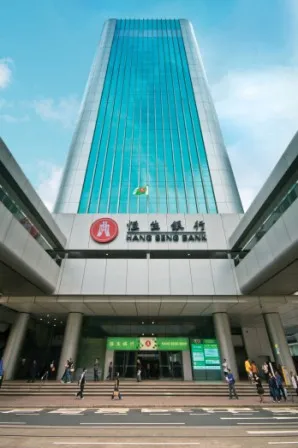
HSBC/Hang Seng lose to BOCHK
BOCHK now has better profitability.
According to CLSA, Hong Kong’s role as a financial centre for Greater China and the broader Asian region makes it critical to a number of regional banks.
However, matching the tensions within the territory’s British and Chinese heritage is the intensifying rivalry between its historically dominant leader, the lion of HSBC/Hang Seng and the dragon of the mainland banks, notably Bank of China.
Here's more from CLSA:
Just as Hong Kong is an important springboard into China for regional banks, it is also the primary gateway out of the mainland for China’s giants.
It also serves as an extension of their domestic market, which means that they are here to stay, and their inexorable growth is intensifying competition to the detriment of HSBC’s traditional comfortable hegemony.
The key loser from this process is HSBC’s mass-market retail banking subsidiary, Hang Seng, which has lost material share and profitability to its key rival, BOCHK.
The backdrop is negative real interest rates fuelling Hong Kong’s second major credit boom of the past two decades.
Much of this credit has gone into a commercial and residential-property boom. Alongside this credit explosion, ultralow interest rates have pushed NPLs and credit costs down to generational lows.
However, while bank investors eagerly anticipate the reversal of net interest margin compression with higher rates, the same driver promises lower credit growth, downward pressure on property prices and higher credit stress in the medium term.
Competition has not been a one-way street between the mainland and Hong Kong, but Hong Kong’s banks have had limited organic success in mainland China, with BEA the exception.
HSBC and especially Hang Seng have material exposure to the country, but overwhelmingly through strategic stakes in mainland banks Bocom (HSBC) and Industrial Bank (Hang Seng).
This is of particular concern, given the Chinese banking industry’s looming structural problems and the aggressive strategy of Industrial Bank in particular.



















 Advertise
Advertise












